
Yesterday, I wrote a column tackling how to increase teacher pay while having them earn it and keeping them accountable. In the comments here on RedState and on social media, many of the replies all came back to the same topic: School choice.
I am not here to argue that choice isn’t a good reform idea for education, but it is not the panacea for all that ails education in the United States. Simply increasing the options for students doesn’t automatically make students more successful, nor does it automatically force schools to compete to keep students within their classrooms.
In fact, there are several instances of choice being offered in local school systems and the results not changing – in some areas, they even got worse. You can add school choice – in whatever form you like – to a school system, but you cannot guarantee positive results, much like immediate ones. And, that immediacy matters. Even with increasing options for students now, you currently have roughly 80 percent of American students in public schools and the majority will still be there even if you provide them a choice.
First of all, what does choice look like to you? Is it adding more charter, private, and/or parochial schools? Is it eliminating school zones? A mix of the two? Is it a lottery drawing to attend a public school of choice? Is it a voucher program to help low-income students attend schools that require tuition? It is an Education Savings Account (ESA)? How is it that you want the public school system to change?
Let’s say you want to eliminate school zones and allow parents to send their kids to the best-performing schools. What happens then?
The top-performing schools get overwhelmed with applications. A lottery system, waiting list, or combination of the two is established, but the school’s enrollment numbers start climbing. The school has to hire more teachers. Maybe of the five to six they hire, three are duds. It doesn’t matter that the school performs well: If your child gets a teacher who isn’t motivated, your child won’t be motivated, either. If he or she underperforms in that class, then any subsequent class that may build on the skills of that class will also be a major struggle.
So, you have to have accountability in order to keep your teachers at the top of their game, and you need the means to reward them for helping their students grow. Then again, even the best teachers will suffer if you start overcrowding their classrooms with new kids, many of whom come from schools that did not properly prepare them.
Choice without accountability doesn’t fix the schools, and it doesn’t improve the situation. And, simply giving teachers more responsibilities without the means to properly compensate for it will run the good ones off. The reason for yesterday’s column (which you can read if you upgrade to our VIP membership) was to talk about how to hold more teachers accountable and compensate them properly when they get great results out of their students. You have to have good teachers or school choice (or any other solution for that matter) isn’t worth the paper that policy will be written on.
It’s not a magical cure. It’s a means to an end. The end result we want is to help prepare our kids. School choice is one of many things we have to do to make it happen.


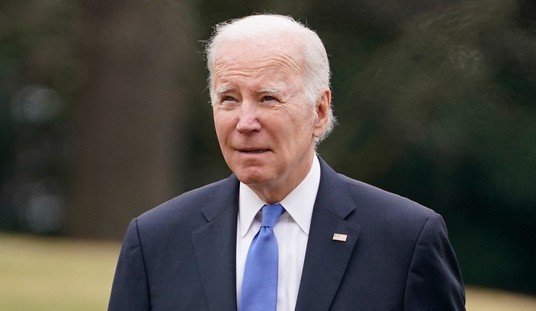

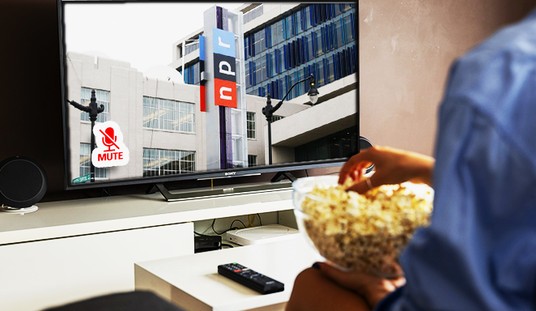

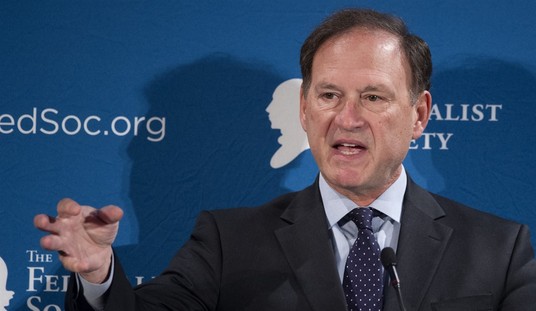



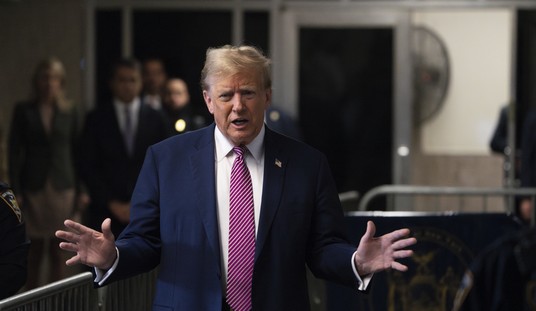
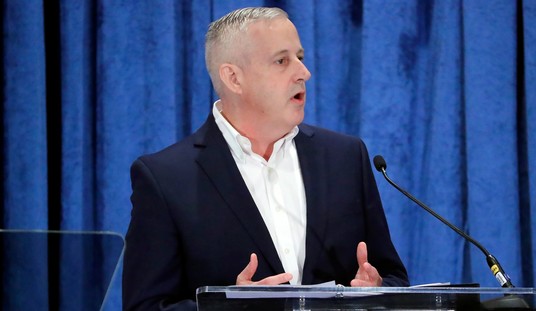
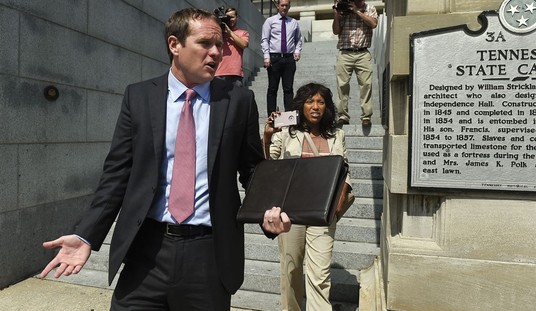

Join the conversation as a VIP Member